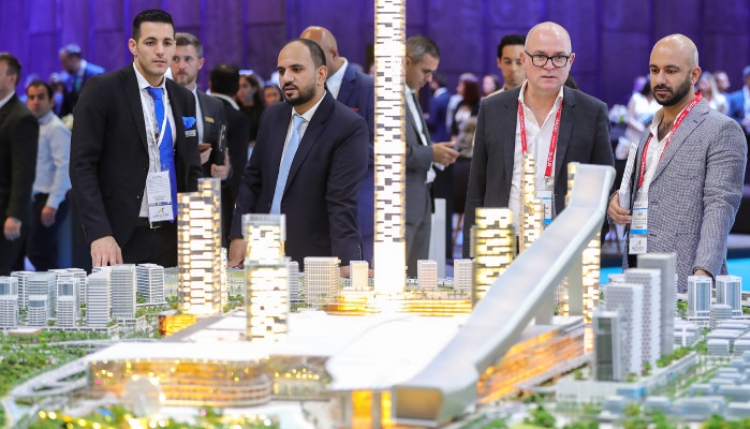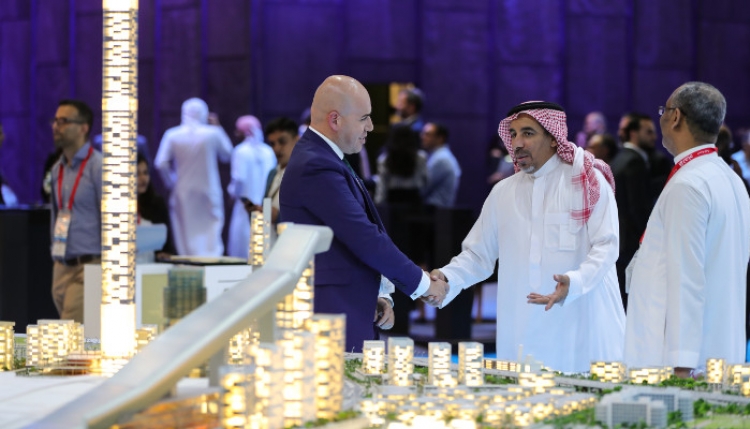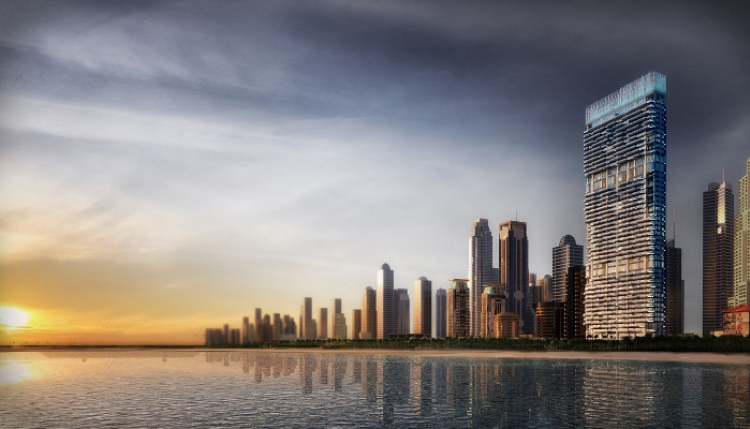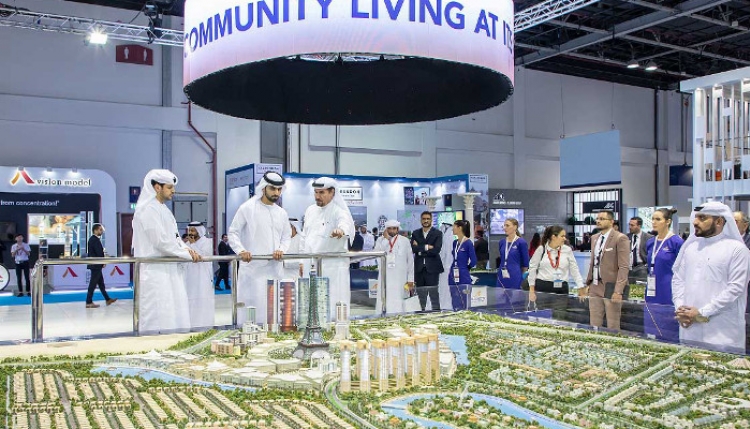Dubai - MENA Herald: The GCC real estate market has witnessed remarkable growth over the past years, with the sector remaining resilient despite the effects of oil price fluctuations. In the UAE alone, the local industry is expected to climb at a compound annual growth rate of 6.4 per cent from 2015 to 2019. Despite the regional market’s strong performance and positive outlook, the tools of the trade have not evolved much to keep up with the technological innovations dominating the world over.
The practice is nonetheless changing. According to a report titled ‘Disrupting Real Estate: The Impact of Technology and the Industry’s Future’ released by Orient Planet Research, an Orient Planet Group venture, the digital wave has touched even the regional real estate industry. The sector, the report notes, is now eagerly navigating its way through this digital transformation to optimize processes and achieve significant value increases.
‘Disrupting Real Estate: The Impact of Technology and the Industry’s Future’ was released in time for this year’s Cityscape Global which is set to take place from September 6 to 8, 2016 at the Dubai World Trade Centre. Nahla Nana, Research and Innovation Director of Orient Planet Research, is scheduled to speak about this topic during the event. The report is available online at www.opresearch.me.
Nana said: “As older systems and traditional ways of doing business become less inefficient amidst today’s evolving markets, many real estate companies are now combining their expertise with available modern digital tools to get ahead of their competitors, increase their efficiency and productivity, and most importantly, enhance the experience of their clients. Such a crucial move is fundamental, especially for organizations who want to remain relevant in a technology-centric, highly connected world. It is also in sync with the UAE and the rest of the GCC region’s significant digital and ‘smart’ transformation efforts. It pays to be attuned with modern trends for regional organizations to become globally competitive and maintain their edge.”
The report examines various significant disruptive technologies for the property industry over the next decade and why regional real estate firms must be agile and flexible enough in embracing these innovations. Beyond social media, the study specifically highlights technological trends that are automating brokerage, leasing tasks and activities as well as bringing down barriers between potential tenants and real estate owners. In particular, it examines how drones, artificial intelligence, the Internet of Things, virtual and augmented realities, 3D Printing, and blockchain processing are reshaping and reimagining the experience of both real estate brokers and investors.
Augmented reality (AR), for example, is designed to alter one’s experience of an actual visual space. The report states that AR has been gaining more popularity in real estate marketing in recent years due to numerous factors, chief of which is promoting higher user engagement through visual interaction. A 3D creation of a property can be viewed using this technology, allowing users to check out various sections from different angles and not just the bits that a camera can capture.
Given that mobile applications with AR are easily available on modern mobile devices, the report notes that this is also the easier way to reach potential property buyers with all the information about available apartments and houses on sale.
Drones, on the other hand, make manual, ground-level photography of a market property unnecessary. Real estate firms can also do away with using helicopters and other aircrafts to capture aerial views of their properties. According to the report, they can utilize drones to do all these tasks not just to make a sale but also to take a range of data across large areas of ground. Through data gathered by drones, firms can now more efficiently compute insurance and property prices by identifying risk factors such as flooding, subsidence, or landslides.
“The rise of smart cities in the GCC is spurring all these significant technological developments. While the region is fast catching up with their use, much still needs to be done to maximize their potential. Aligned with the region’s vision for a technology-driven future and the sustainable smart city agenda of many of its states, our research offers a novel concept for residential and commercial real estate developers, among others, to use cutting-edge technologies - some of which are not yet available in the region - to elevate client experiences and improve customer satisfaction. We are the first in the region to offer a study tackling the impact of the latest innovations that could eventually yield significantly higher returns on investment for the entire real estate sector,” Nana added.
Report: Disruptive technologies to evolve GCC real estate sector
Sunday 04 September 2016





